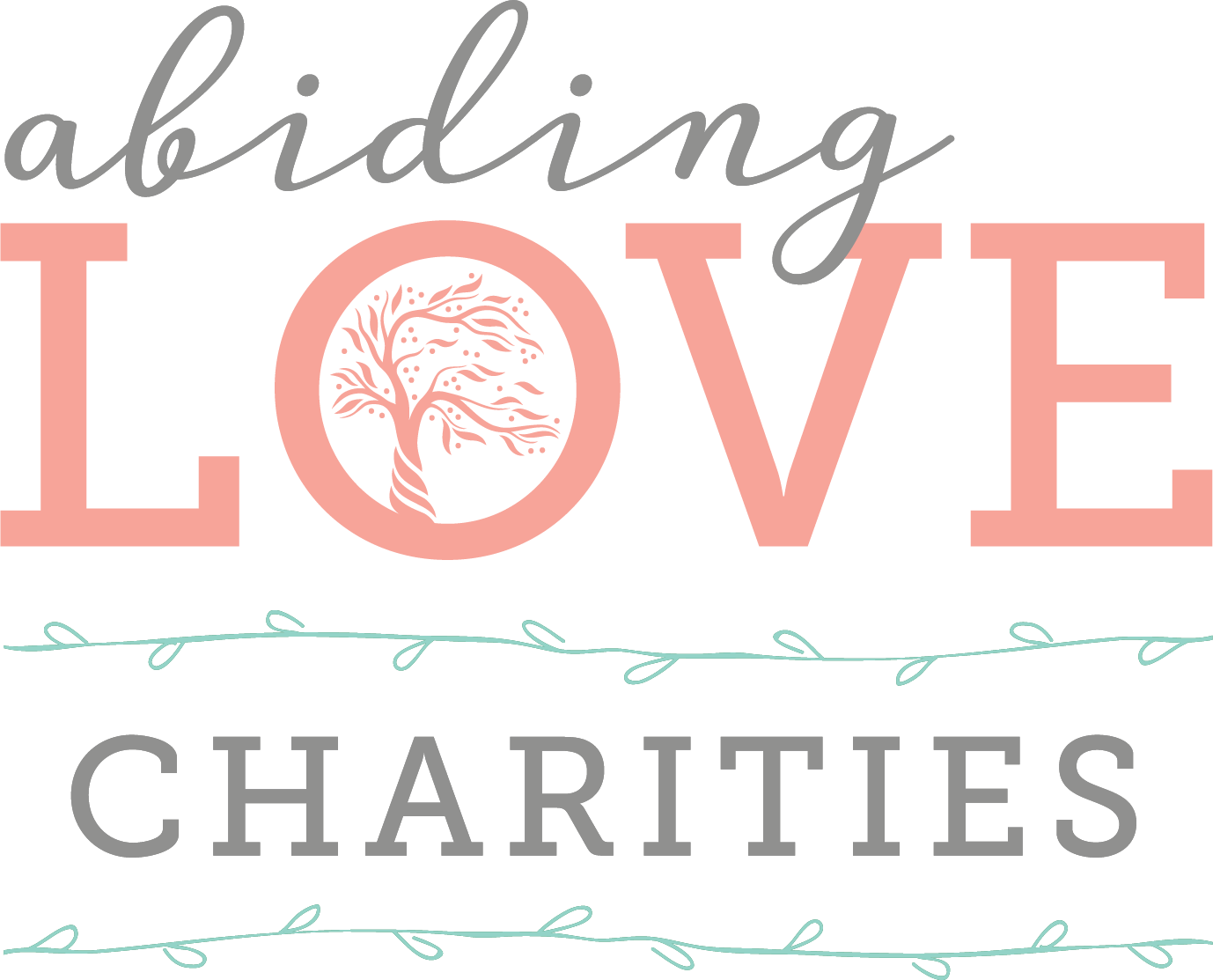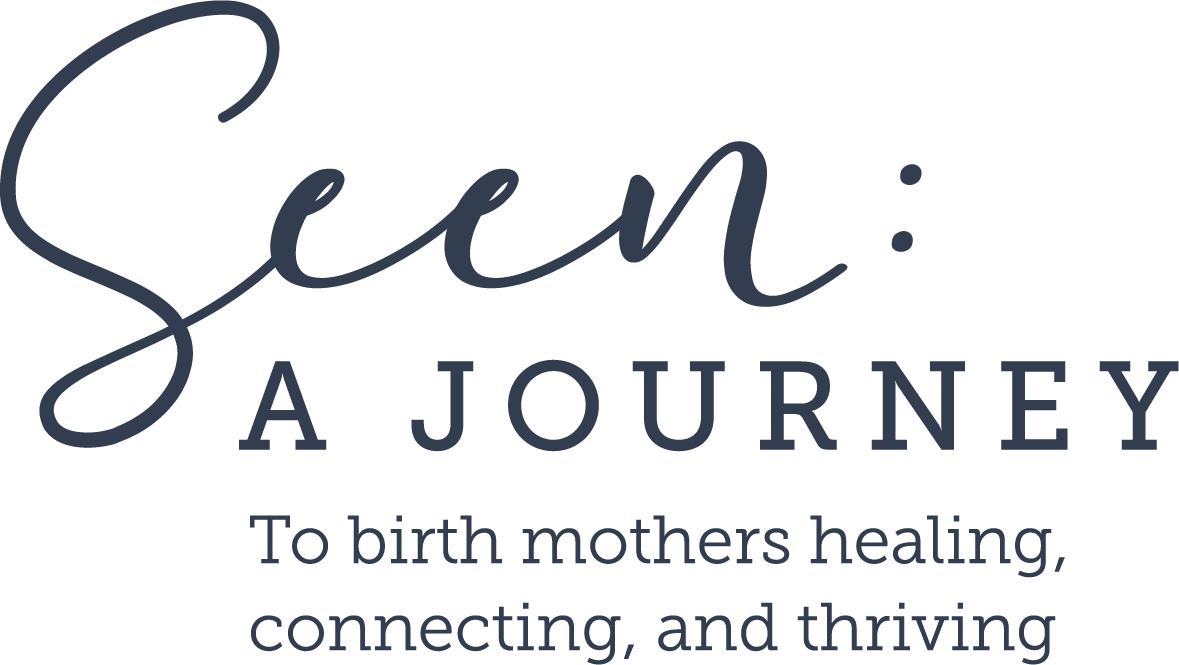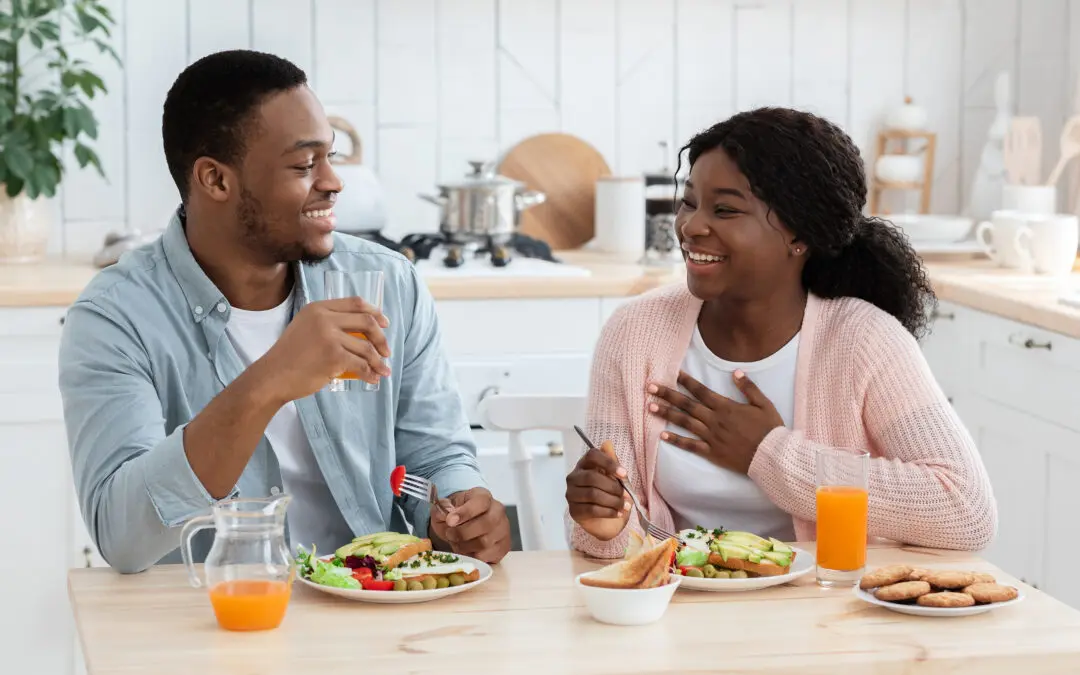By the time I was adopted from Haiti at three years old, I was severely malnourished, fragile, and barely surviving. My birth family was living in abject poverty and made the impossible choice to place me for adoption. I’ve always been keenly aware of what my life could have been if I hadn’t been adopted, mostly because people constantly reminded me. They framed my existence as a near-miss, a tragedy narrowly avoided thanks to the sacrifice of my adoptive parents.
I also want to make this clear: I love my parents. They have always loved me, cared for me, and kept me safe. But adoptees often feel the need to say that out loud to prove we’re not ungrateful. To reassure people that our love is intact, that our pain doesn’t cancel it out. Because the moment we speak honestly about loss, identity, or anger, we risk being seen as ungrateful. And in the world of adoption, ungrateful often gets translated as unworthy of love.
I’ve heard that where there is love, there is protection. But for me, both of those things are complicated.
I grew up in a world where no one looked like me or understood me. Where my skin felt like both an imposition and an exception. I was a story no one wanted to read, only to skip to the last chapter and cast judgment. My world had love, security, and structure. But it also held unanswered questions:
Who am I?
Why doesn’t anyone look like me?
What is my culture?
My adoptive family loved me in the ways they knew how, by being steady, committed, and practical. I needed that. I thrived on it. I loved them for that.
But I still didn’t know who I was.
I was a Haitian and Black American child raised in a white family, in a white community that didn’t reflect me. One of the hardest parts of being a transracial adoptee is the silence; no one talked about race unless something terrible happened on the news. I didn’t understand why I felt ashamed of being Black, even as I longed to be seen and celebrated as Black and Haitian.
Being adopted transracially means living in the in-between.
Between love and loss.
Between two families.
Between two worlds.
It’s being raised by people who love you deeply, but who can never fully understand what it means to live in your skin.
It’s being grateful and grieving at the same time.
It’s learning to hold your adoptive parents with love, while still making space to mourn the culture, language, and people you were separated from.
Because people want it to be simple. People want it pretty and smoothed over. People want to hear your gratefulness. They want to hear you say that ‘I’m so lucky,’ or ‘Love is all that matters.’
But the truth is ugly, complex, and heavy. It carries duality and uncertainty
My truth is that Love didn’t teach me how to navigate racism. Or how to protect myself against microaggressions and racism. What I needed was:
- Connection and representation.
- Permission to question and to
I believe my family truly thought they were doing right by me by not talking about my dual identities. By not “making it a thing.” But in doing so, they also kept me from the truths I needed to understand myself. Love protected my body, but not always my identity. Not my roots. Not the ache that comes from being both chosen and displaced.
This isn’t a story of blame. It’s a story of contradiction.
Being protected doesn’t mean you were whole.
And being loved doesn’t mean you were seen.
To any adoptee reading this:
- What were you protected from?
- What were you kept from knowing?
It is okay if love in your story feels complicated. It’s okay to hold both gratitude and grief. You don’t have to choose between honoring your family and honoring yourself. Your questions are valid. Your identity matters. And you deserve to be seen fully.


